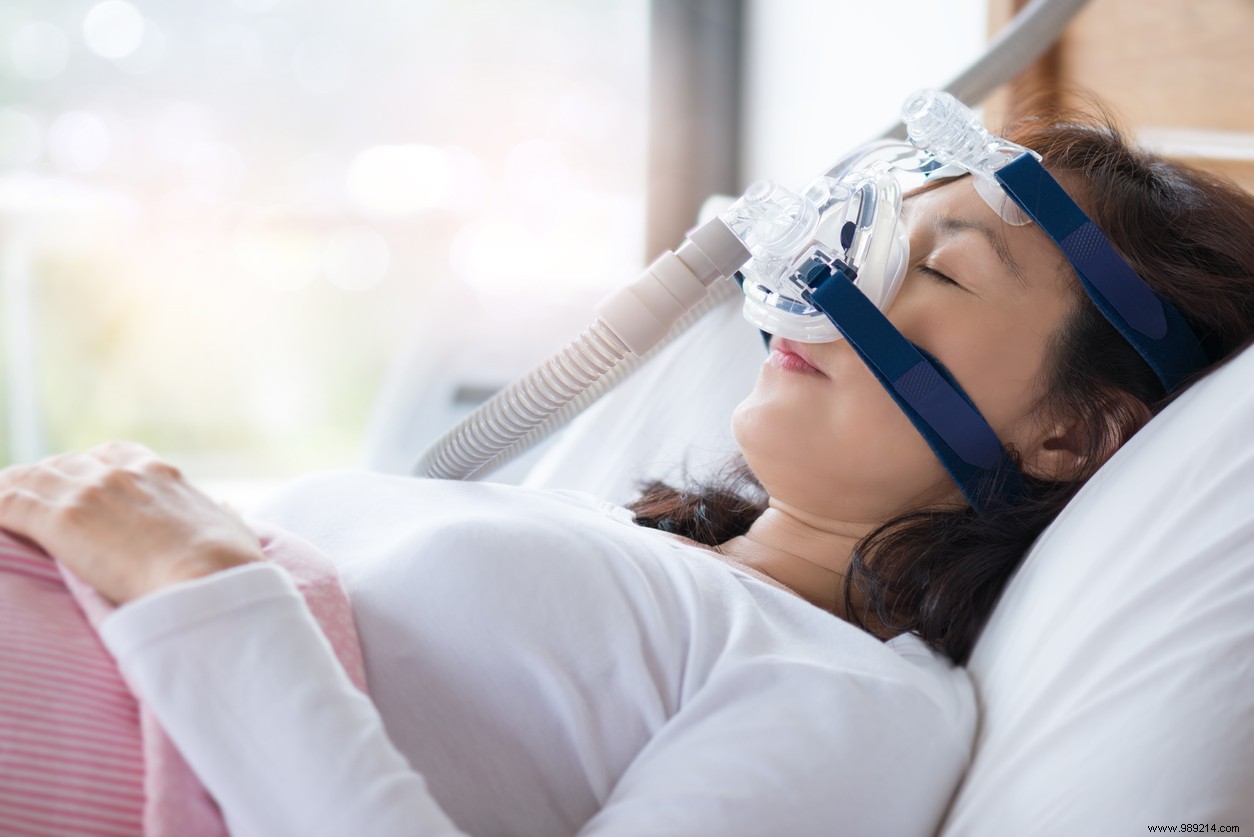With advances in technology and ever more persuasive offers, television is doing everything it can to keep consumers "stuck". A recent North American study estimates that spending too much time in front of the television increases the risk of sleep apnea, itself the cause of other ailments.
Spending considerable time in front of the television often goes hand in hand with a sedentary lifestyle . In the United States, an average adult would spend approximately 44 years behind screens, or two-thirds of their life. Other studies suggest a link between often falling asleep in front of the television and the risk of obesity. More recently, a publication in the European Respiratory Journal describes a link between the association between a sedentary lifestyle and excessive television and an increased risk of sleep apnea.
According to Inserm, sleep apnea syndrome is manifested by repeated and uncontrolled interruptions of breathing during sleep. They lead to constant micro-awakenings of which the patient is unaware. This results in daytime sleepiness, difficulty concentrating or memory. In extreme cases, there may be talk of cardiovascular complications that can lead to death. In addition, people undergoing treatment must use a medical device that is sometimes difficult to bear (see below).

In general, the risks increase with the age and overweight. Today, at least 30% of those over 65 are affected by sleep apnea. For the American and Canadian researchers behind the study, television would therefore be another risk factor for the appearance of this type of disorder.
Scientists used data from a study called the Nurses Health Study . The latter concerned two groups, the first including 68,265 women and 19,320 men from 1995 to 2013. The second group studied included 50,332 women and 50,332 men between 2002 and 2012. As part of their work, the researchers focused particularly focused on data related to physical activity, screens and sleep apnea.
According to the results, a sedentary professional activity is synonymous with a 49% increase in the risk of sleep apnea. Another even more alarming data:spend more than four hours a day in front of a screen would increase that same risk by 79%.
The study leaders believe that spending too much time in front of the television is characterized by a prolonged period of inactivity . According to them, the only way to remedy this is none other than the practice of regular physical activity accompanied by self-control at the level of the screens. According to them, the ideal would be to practice an activity equivalent to 10,000 steps per day.